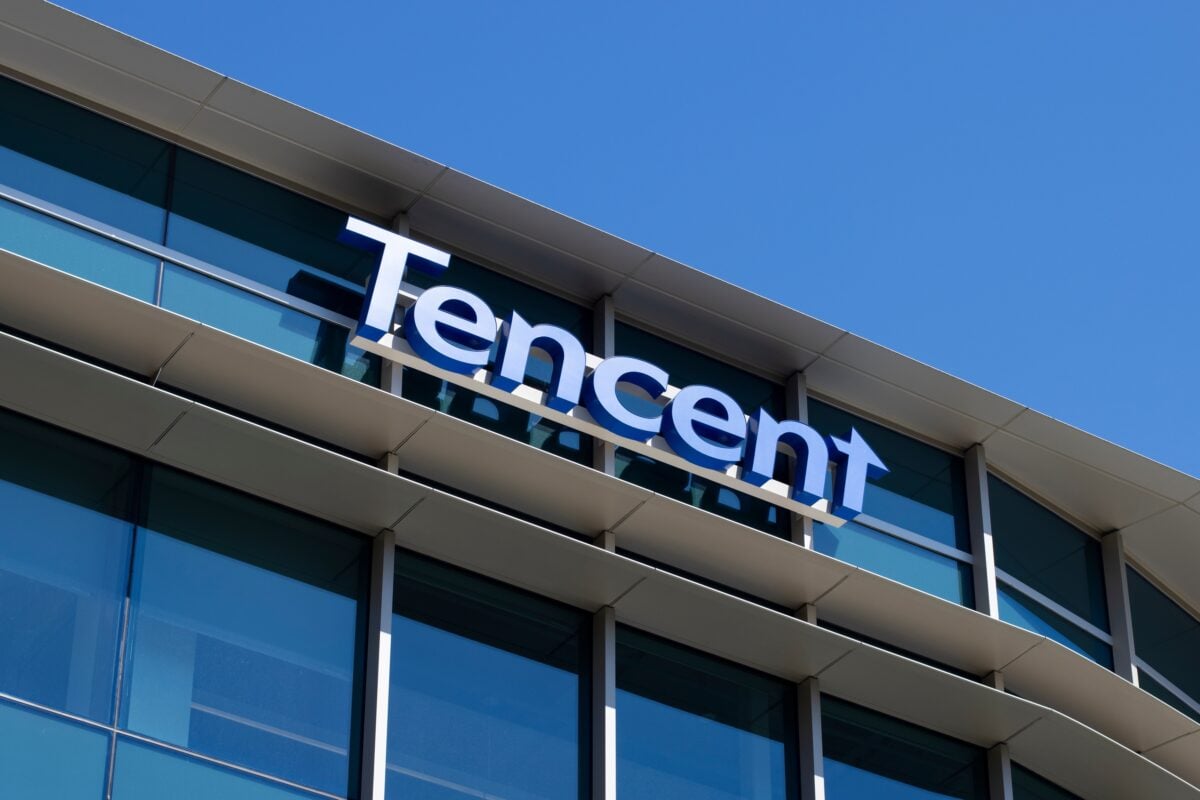TLDRs:
Contents
- Tencent Cloud’s AI Builder lets users build applications by describing them in plain language, no coding required.
- Users can edit, deploy, and update apps through natural commands or tweak details using a low-code editor.
- AI Builder offers full code exports for professionals while opening doors for non-technical creators.
- The rise of AI-driven platforms is changing how apps are built, redefining what it means to be a developer.
Tencent Cloud has unveiled AI Builder, a new development platform that allows users to create fully functional applications using only natural language instructions. Touted as the first of its kind in China, the platform is designed to lower the barriers to app development by eliminating the need for traditional coding expertise.
The tool is aimed at individuals and businesses seeking to build web applications or mini-programs quickly and intuitively. Users can describe their desired functionality in plain language, and the system takes care of everything else, from homepage design to backend setup and deployment.
Conversational Development Made Real
AI Builder transforms the process of app creation by turning what used to be a highly technical task into a conversational experience. Users simply state what they want such as “create a blog with a contact form and gallery” and the platform handles the rest.
Changes can also be requested using natural language, whether it’s adjusting the color palette, updating page logic, or redesigning layouts. The system then immediately applies these edits. A built-in low-code editor provides an optional layer of customization for those seeking finer control. Once satisfied, users can launch their application with a single click, receiving either a working link or mini-program code.
A Tool for Everyone
While AI Builder is clearly targeted at non-developers, Tencent Cloud hasn’t forgotten experienced programmers. The platform includes a feature that allows professional developers to export the full front-end and back-end code. This enables further customization with third-party tools or integration into larger software systems.
Tencent says the goal is to increase digital accessibility and speed up the development cycle. By drastically simplifying the app creation process, the platform opens up new possibilities for entrepreneurs, small businesses, educators, and others who may lack the resources to hire full-time developers.
A Paradigm Shift in How Software Is Built
Tencent’s AI Builder reflects a broader trend in the tech industry toward what some are calling “vibe coding”, a paradigm where intent expressed in natural language drives the creation of fully functional digital products. Industry analysts expect this kind of AI-driven development to account for up to 90% of all software generation by 2026.
Companies already using similar tools have reported double-digit boosts in productivity and a significant drop in debugging time. For many organizations, this technology is shifting the focus from manual code writing to defining outcomes and user experiences.
As AI handles more of the routine coding tasks, the role of the developer is evolving. Rather than focusing solely on writing code, developers are now expected to guide AI models through prompt engineering, validate generated outputs, and design robust system architectures.


